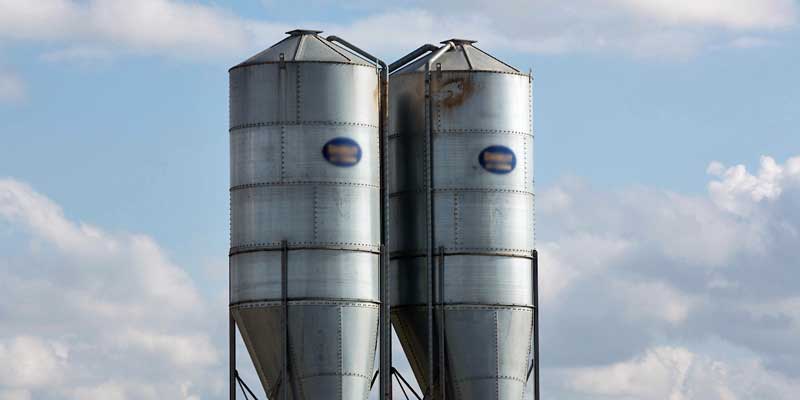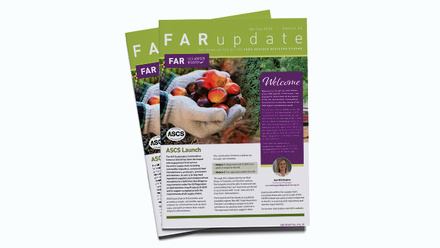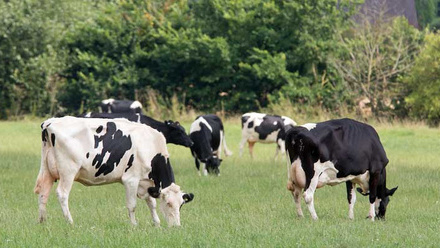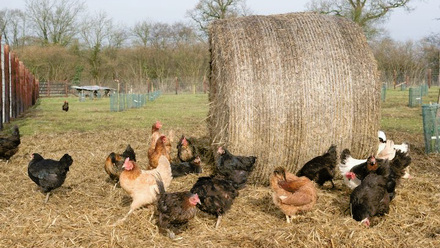Risks of disease in animal feed farm storage units highlighted in fresh Defra advice

Fresh guidance to cattle farmers on helping reduce the risks of disease in animal feed storage units has been published by the Department for Environment, Food and Rural Affairs (Defra).
Following a survey in late 2023, the latest advice highlights the importance of cleaning animal feed storage areas, containers and equipment regularly and thoroughly to maintain healthy and productive animals, avoid unnecessary contamination and reduce the risk of disease on farms.
Regular cleaning of feed storage facilities – silos, floors, bays, bins – in advance of new feed deliveries is vital. Remnants of old feed can become trapped in joints, grooves and crevices with the potential to remain in place for many years, causing feed spoilage and illness from mould and contaminants and reducing feed quality.
Where feed storage on farms pre-dates August 1996, farmers are advised to decommission and replace feed silos, as this will reduce the potential risk of Bovine Spongiform Encephalopathy (BSE).
Dry or vacuum methods of cleaning are preferred, followed by the use of disinfectant. A professional cleaning service may be helpful where deep cleaning is challenging.
Advice in brief
The Defra advice includes key points for consideration:
- Where to store animal feed – Options explained and their benefits.
- Information on old silos – For silos predating August 1996, replace them to eliminate BSE risk. If not possible, thoroughly clean inside and out, removing old feed remnants, and always ensure it is dry before storing fresh feed.
- Cleaning advice and methods – Establish an effective, documented system to regularly empty and clean storage units. Do this before new feed consignments, aiming for at least every 12 months. To minimise contamination risk, you should avoid moisture, and use vacuum cleaning for old feed residues.
- Residue recommendations – Utilise dry or vacuum methods to remove feed residues, particularly in joints and grooves. Thoroughly clean troughs and hoppers.
- Disinfecting advice – Apply a suitable Defra-approved disinfectant after cleaning, especially with wet methods and dry your storage facility before refilling.
- Organisation ideas – Consider the type and condition of your stored products. Storage areas should keep your products clean, dry and orderly. Organise storage facilities to allow for enough space to separate each product, and for each product to be identified easily.
- Record-keeping suggestions – Keep detailed records of cleaning activities, noting the date, time, location, areas or equipment cleaned, and cleaning products used. Retain records for at least seven years.
For further guidance on the potential risk of disease, including BSE, from feed storage on farm, visit the GOV.UK website.









